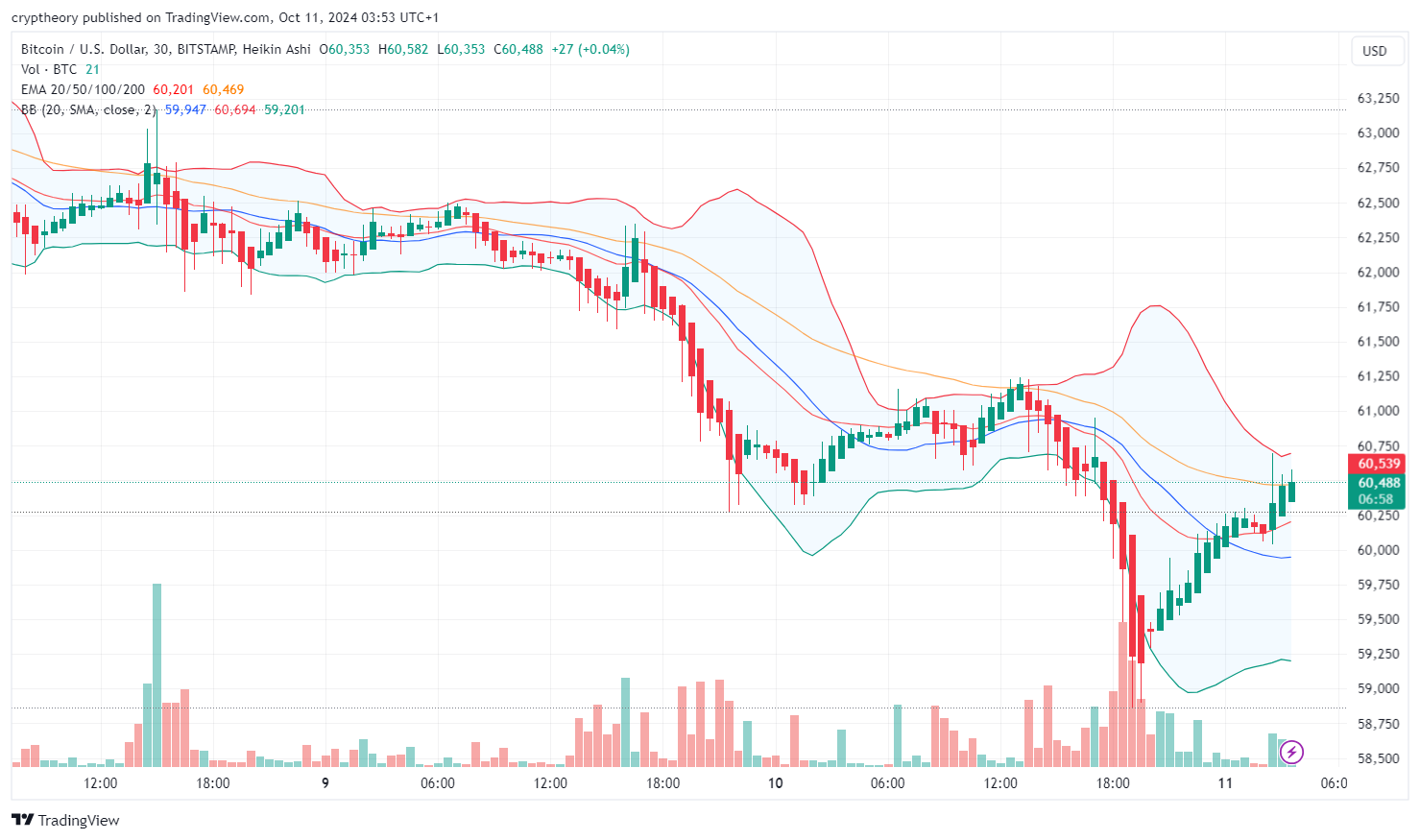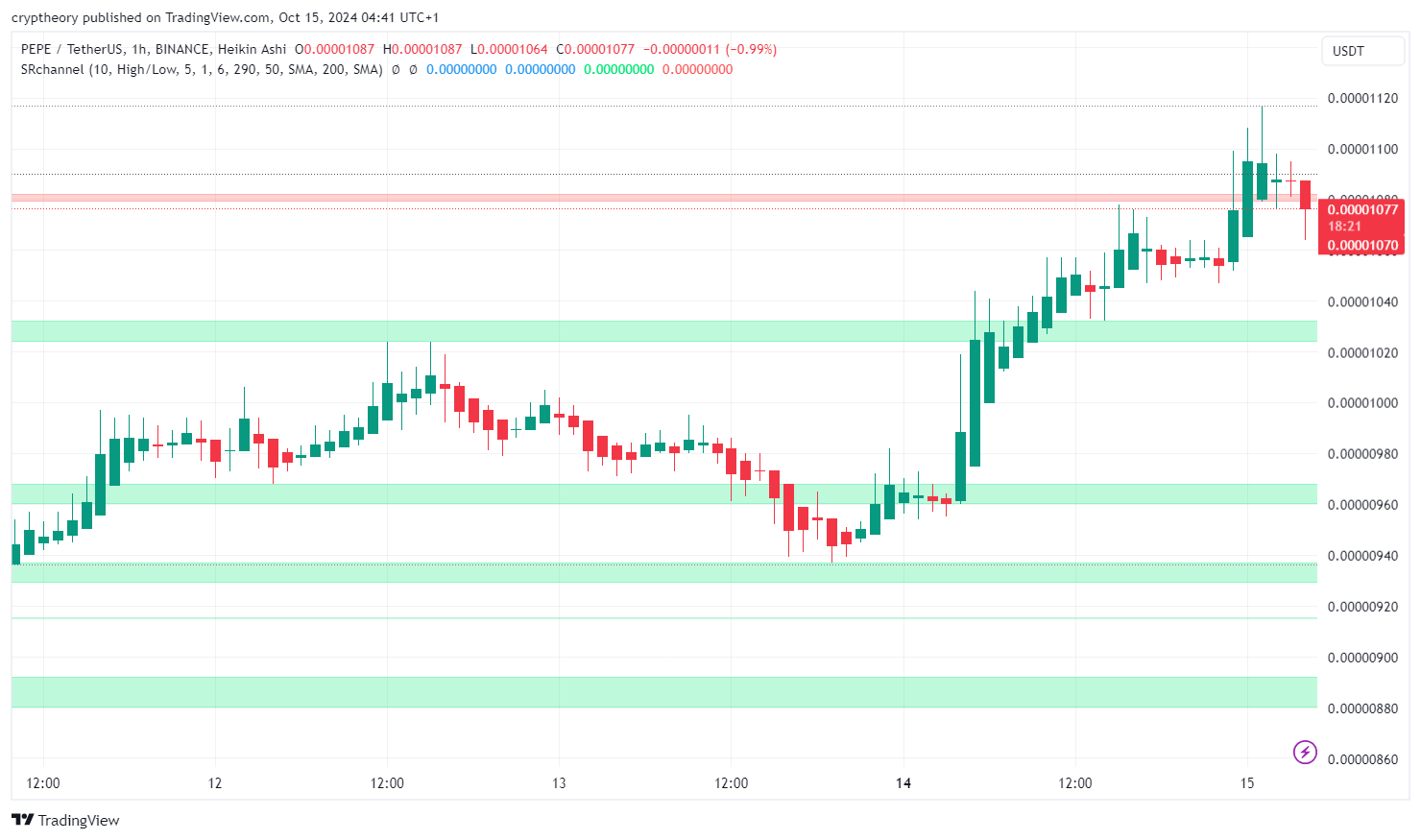[ad_1]
Oil prices surged in late August, 2013, while stock shares fell on Wall Street amidst the growing fears of a United States military strike against Syria. The price of Brent crude oil topped a six-month high, while gold rallied higher as investors moved from stocks into the safe-haven commodity of gold.
Simultaneously, the Dow Jones index fell 1.1% to 14,776.13, to a two-month low. Investors are unsure which way to play their bets in all this uncertainty.
Markets hit as Syria fears spark sell-off in stocks and oil price rise
Syria and the conflict raging there could affect the stock market and drive already high oil prices even higher. If Obama and the West retaliate against Syria’s Bashar al-Assad for his alleged use of chemical weapons, no one knows what will happen to the stock markets for sure. This is bringing a wave of uncertainty over how Syria will impact the markets as well as the price of oil.
If we use history as a guide, the markets will probably plunge when the missiles start flying.
As we hear the United States military is preparing for probable military action against Syria, Brent oil prices have driven up to an 18-month high.
On Thursday, August 29, 2013, Brent oil prices pulled back slightly, but remained elevated, after they started the day above $116 a barrel. The price for West Texas Intermediate (WTI) also pulled back by 1%, closing the day out at $108.80.
The price of Brent has increased following the escalations across Egypt and the ousting of Egyptian President Mohamed Morsi.
Simultaneously, in the United States, greater network access and improved infrastructure have fueled WTI prices up to nearly par with Brent this month of August. Brent prices have spiked this week following news that the West may intervene in Syria, where a chemical attack was allegedly launched against civilians.
Despite rumbling warnings from China and Russia both, it is still unclear if the United States will intervene. Any further action that escalates the conflict will probably cause a chain reaction through the Middle East and most likely disrupt trade in the region, which could spill over to disrupt oil shipments as well.
How to profit from this conflict is on every investors lips. Smart investors took their positions in oil futures last month, already reading the signs of the growing conflict. Other market watchers predict stocks will fall and are readying short positions on the market index. No one is sure which way the dominoes will fall.
Syria is not a significant oil producer herself, but fears remain about the stability of the greater Middle East in general, which produces about a third of the world’s oil supply.
In late August, 2013 markets in the United States averaged down across the trading board. The Nasdaq index fell 79.05 points to 3,578.52 and the S&P 500 index closed out 26.30 points lower at 1,630.48 for the day.
The price of crude oil jumped $3.09 to close at $109.01 a barrel. Gold, which is commonly regarded as a safe haven in times of turmoil rose $27 to close at $1,420 an ounce.
Earlier market tumbles occurred in European markets while the broad stock sell off in the United States was underway. In London, the FTSE 100 index closed out lower by 0.8%. The French Cac 40 index and Germany’s Dax index closed lower also, down about 2.5%.
Supply Woes
The Middle East is home to several of the biggest oil producers in the world, in addition to very important shipping routes for millions of barrels of oil per week. Analysts were predicting higher oil prices even before the recent escalations in Syria, mainly due to disruption of supplies.
One of the Arab world’s largest oil producers was Libya, which has seen its production bottom out by nearly 60%, as it was hit by strikes amid security concerns.
Recently in late August, Goldman Sachs increased its short-term forecast for the price of oil up to $115 a barrel.
Barack Obama, the United States President, is scheduled to reveal his intended action on Syria in a press release in the days just ahead. Investors need to watch these events closely as they will impact their investments.



![The strategic approach to AI in the enterprise 2 Top 10 Leading Countries in AI Research and Technology [current_date format=Y]](https://cryptheory.org/wp-content/uploads/2023/08/ai-strategie.jpg)

















